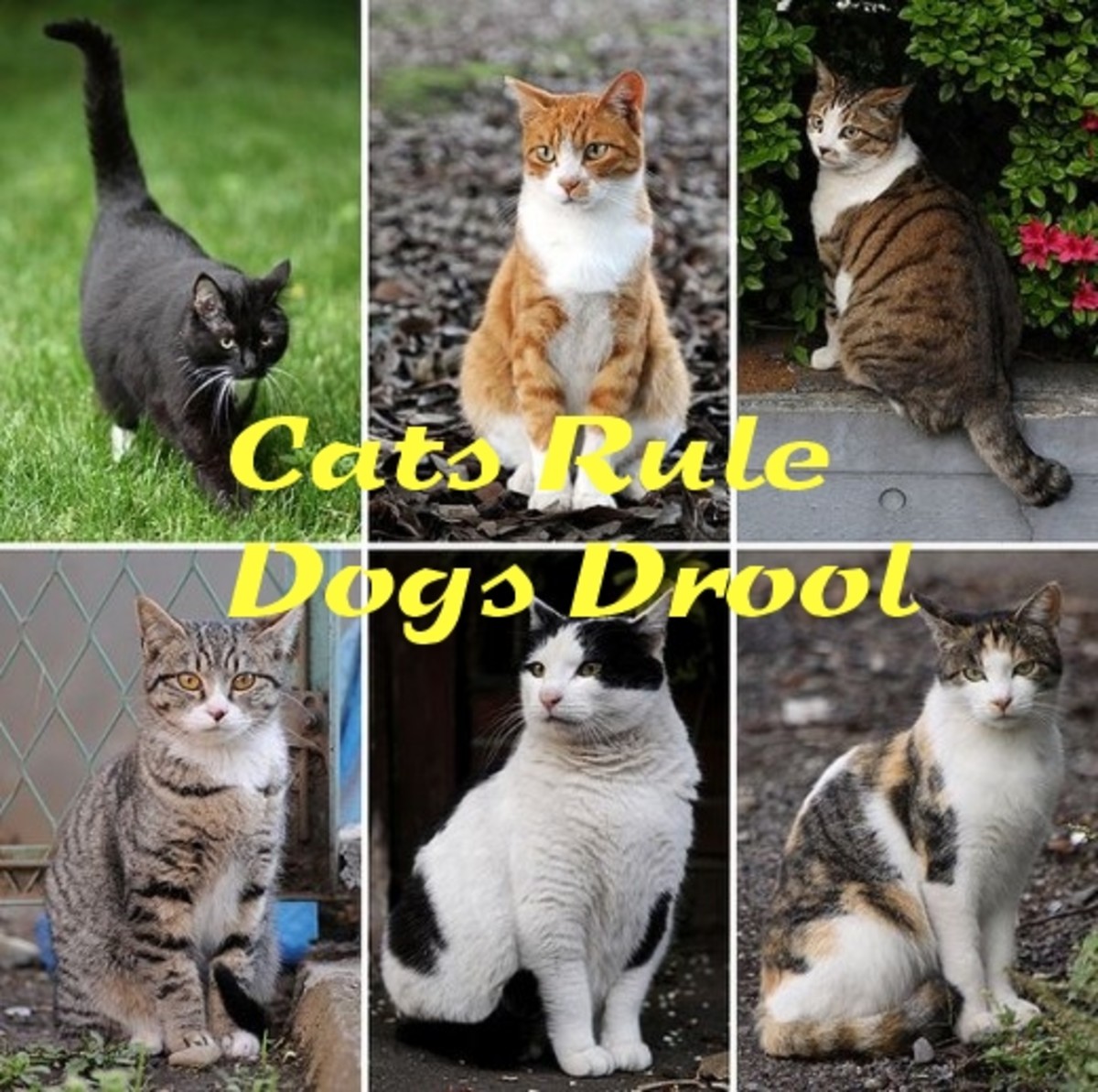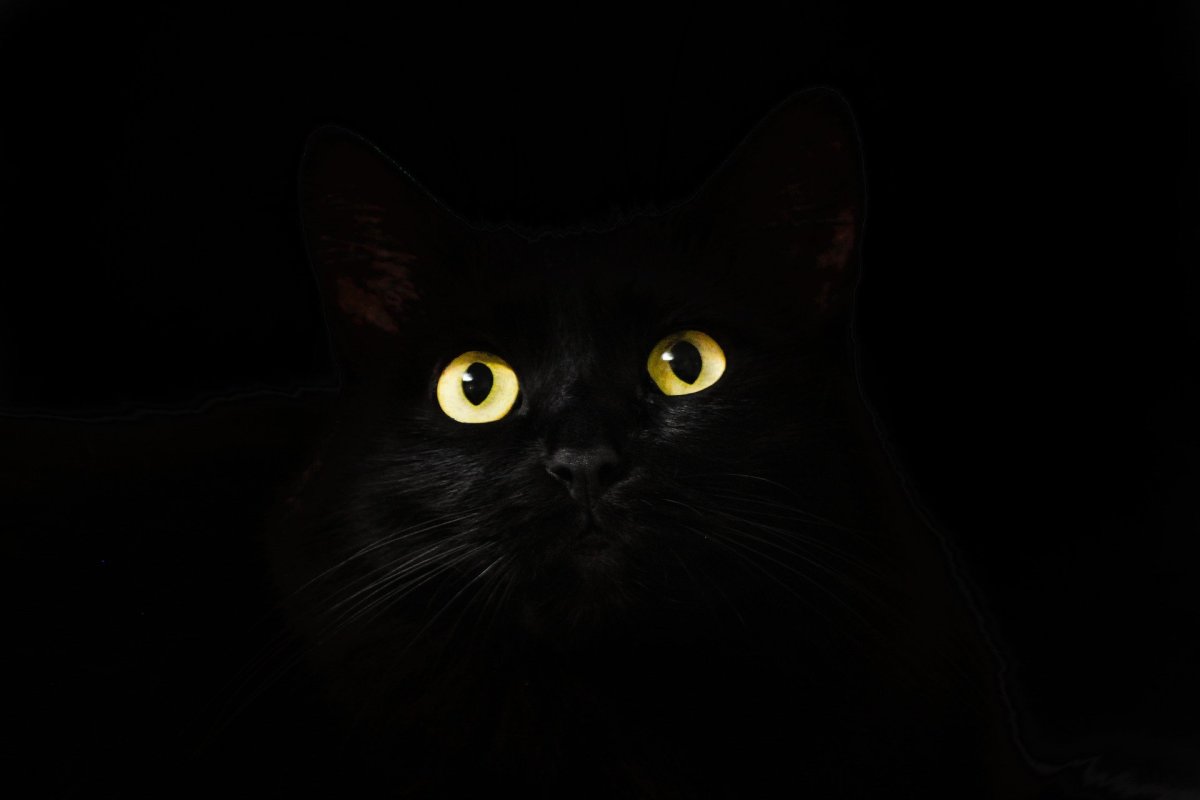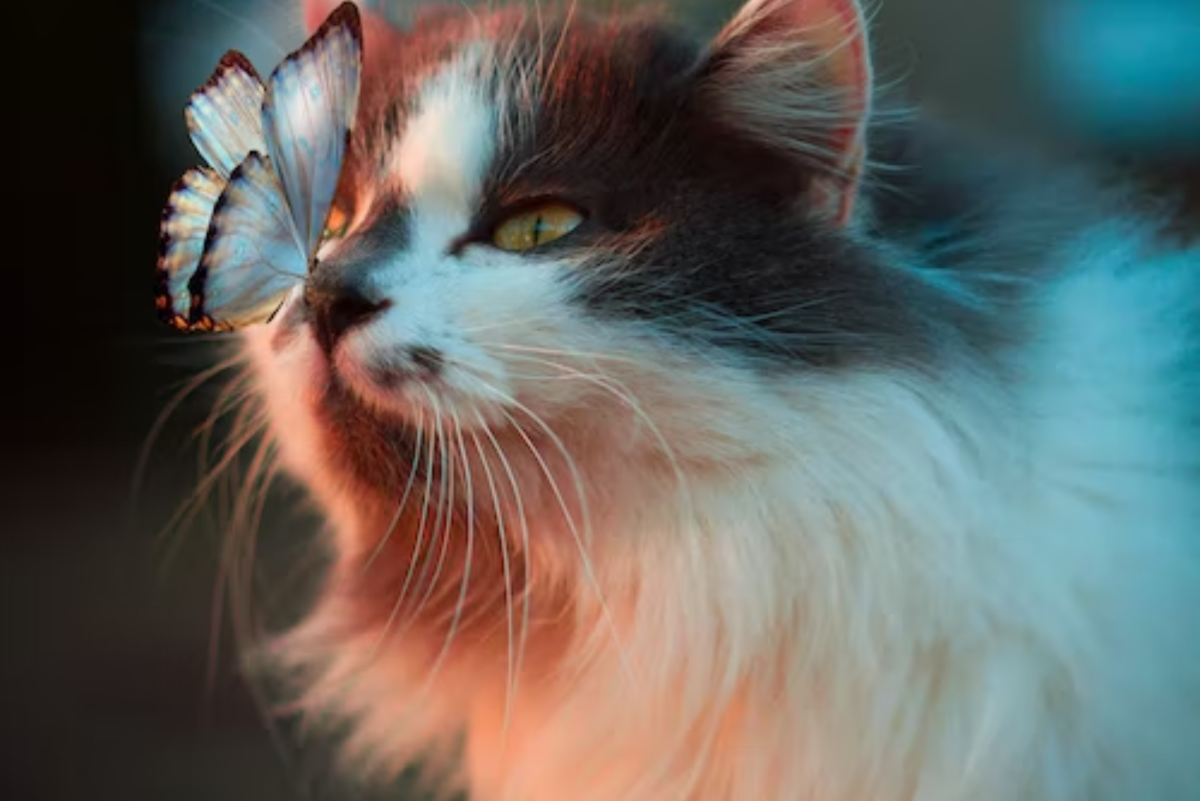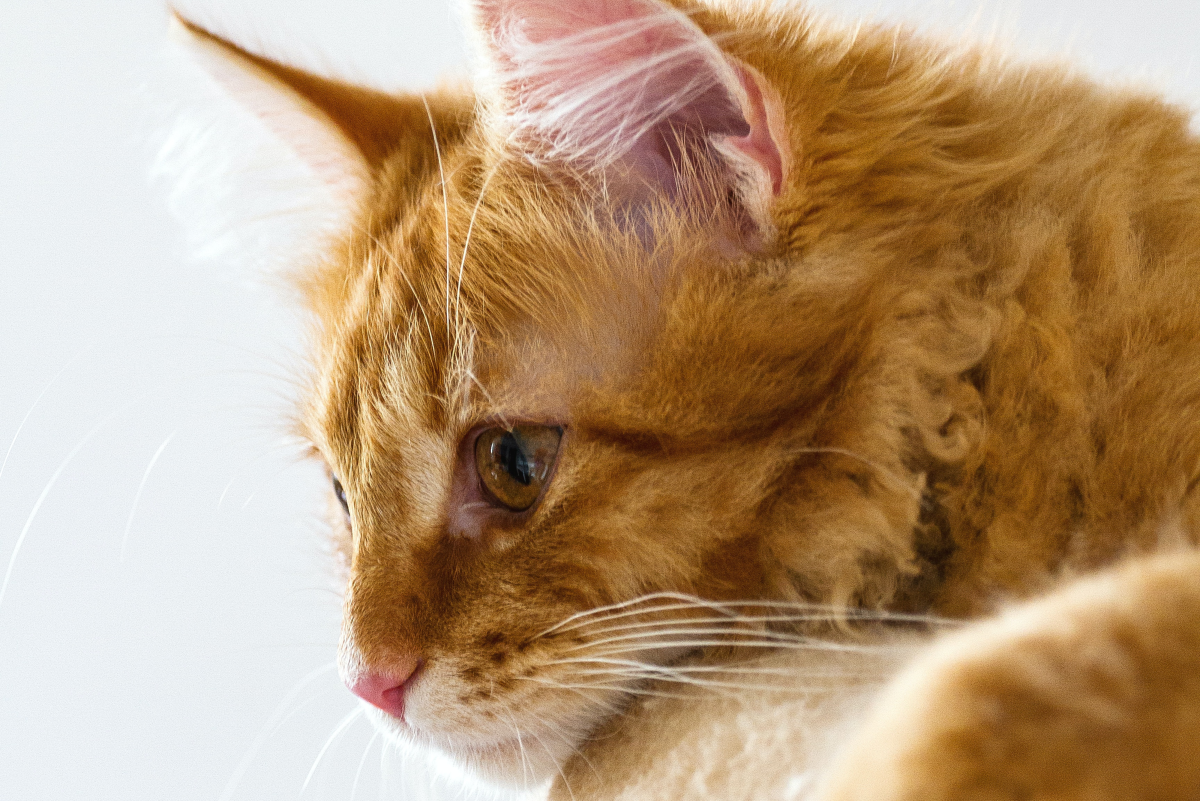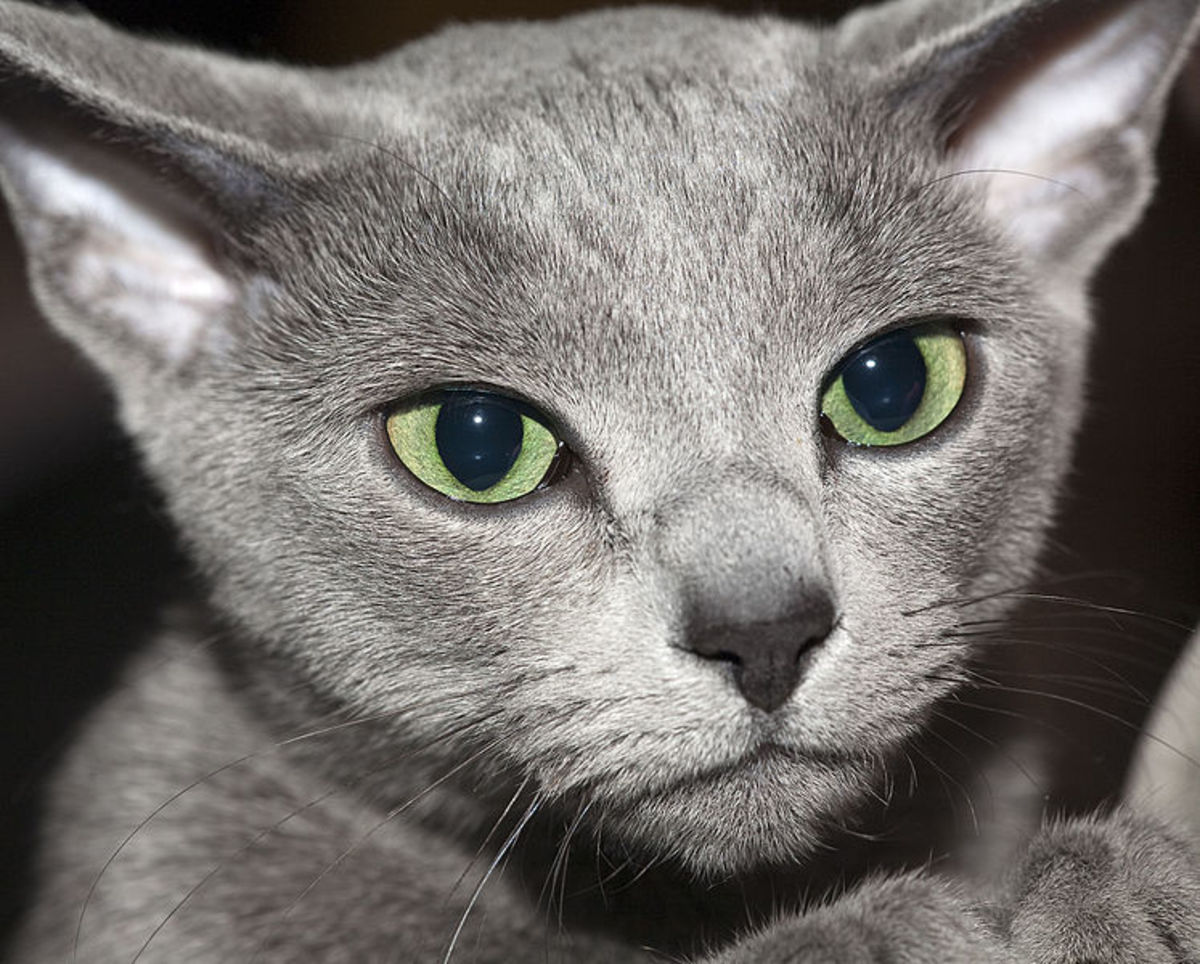Pet Cats: Choosing Between a Pedigree or Paperless Pauper
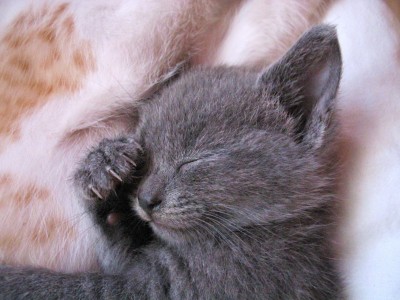
Registered or unregistered cats?
When you have decided that you are willing to own a cat, the next decision is whether you require a registered or unregistered cat. Unless you're a breeder, or searching for a show cat, the registration is a subject of status and price. Unlike pedigreed dogs, each of which is showed with the American Kennel Club, there are a always changing number of studbook organizations for cats in the U.S., each having variable specifications for the ultimate in a variety of breeds. The biggest and oldest of these is the Cat Fanciers Association, an off-shoot of the first cat show in the United States held at the old Madison Square Garden in 1895. In 1909 they compiled their 1st studbook. The American Cat Association is popular in the Midwest and West, and the Cat Fanciers' Federation is alive in the East. When you purchase a registered cat, you are paying for, and are entitled to, a certificate of registration certifying the fact that the cat's records and pedigree are recorded with one or more of the accredited cat associations. The transfer of these papers must be made at the time you pay for the cat.
Breeders would charge 50-100 percent more for a pedigree cat than would a pet shop -- only because breeders keep the best of the litter for private sale. The kittens that don't offer striking potential as show material are sold to pet shops for less than half the price you'll pay for them there.
If you require a registered cat of a certain breed, you can perhaps encounter it at a cat show, along with owners who rear and sell them. When show attendance is not possible, a local vet will be able to provide you the names of catteries in your region. You could also chance upon occasional ads for registered cats in your newspaper, or in abundance in cats magazines or cat websites.
If you can be proud of an unregistered cat, they're less expensive. Specialized, paperless breeds are advertised in newspapers at average prices. Miscellaneous cat varieties will be "free to a good home", or available from your local animal shelter for a minor donation. Though most of these animals would be of questionable origin, they will make wonderful pets. The wide scope of unusual choice would include every imaginable color combination in either a short-haired or long-haired cat.

